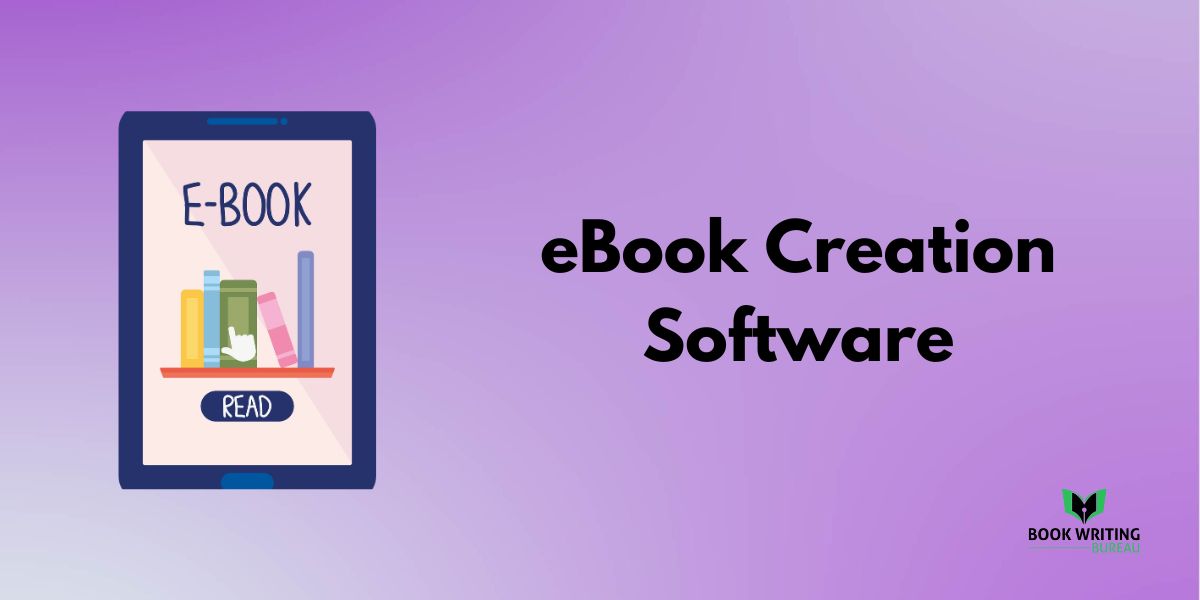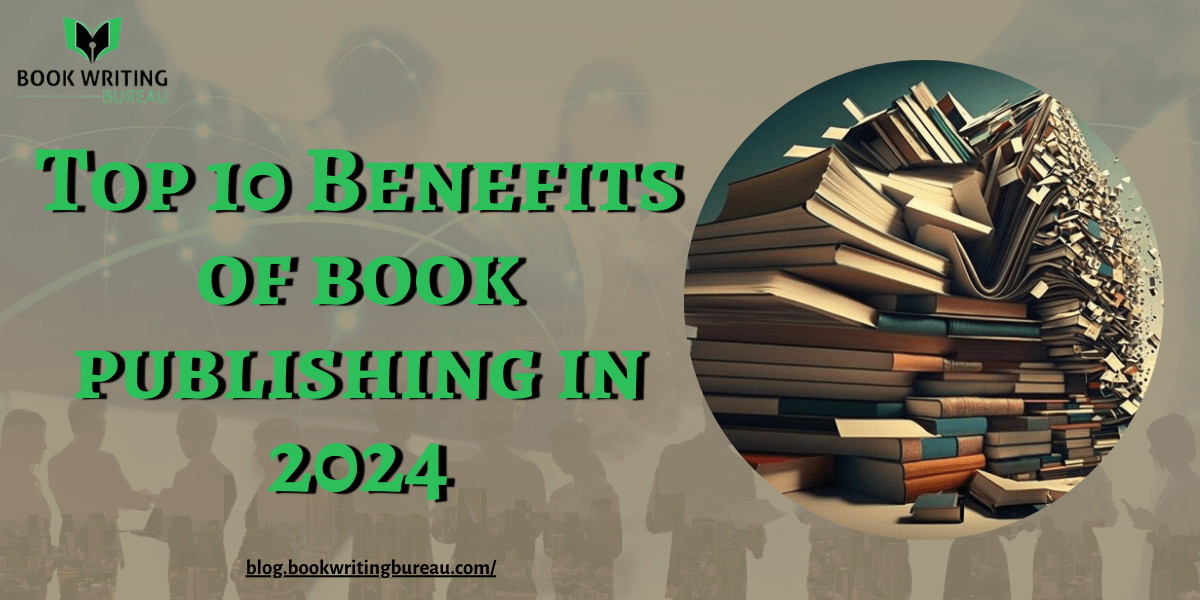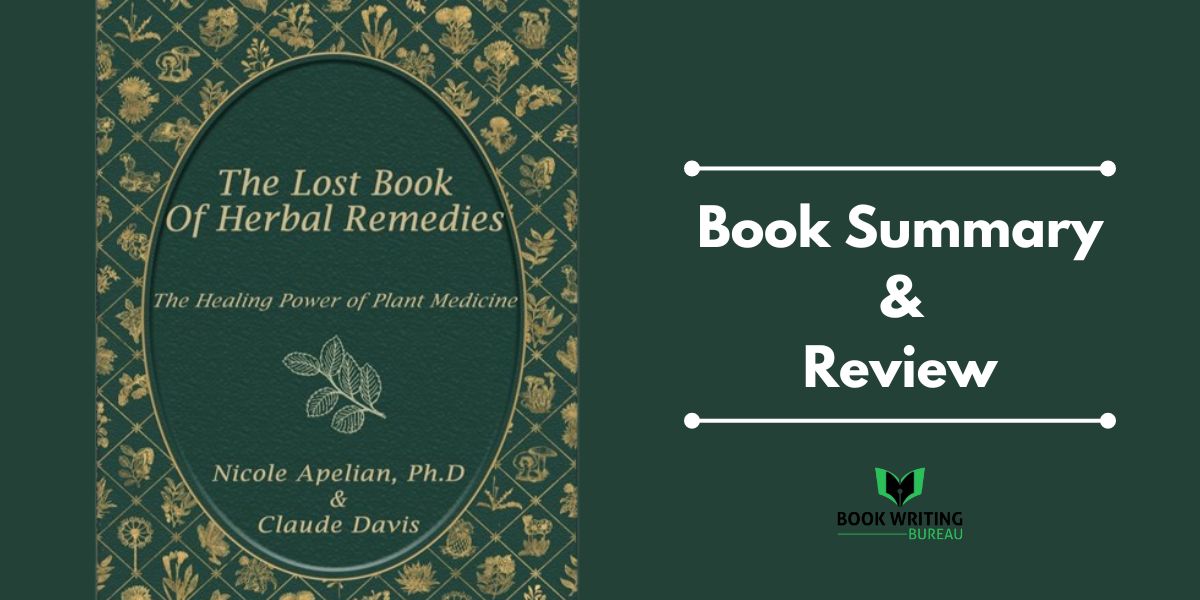
Book
“The Lost Book of Herbal Remedies” emerges as a pivotal guide. Authored by Dr. Nicole Apelian, an expert in survival skills and herbalism, and Claude Davis, a survival expert with deep reverence for traditional ways, this book is a comprehensive journey into the world of natural healing.
This book is not just a compilation of plant-based remedies but an invitation to explore a forgotten heritage of natural healing.
It aims to reconnect us with the profound knowledge of herbal remedies that our ancestors relied upon, offering a blend of historical insight, practical guidance, and botanical wisdom.
In a world where synthetic medicines and technological solutions often overshadow traditional practices, “The Lost Book of Herbal Remedies” stands out as a beacon of holistic wellness and environmental consciousness.
It challenges the modern perspective on health and medicine, encouraging a return to a more sustainable and grounded approach to well-being.
The Lost Book of Herbal Remedies: A Detailed Book Summary
1- Historical Context
One of the best things about the book is how well it explains the political background. The writers explain how people from different countries have used herbs as medicine. The book clearly shows how herbalism is used worldwide and throughout history, from Native American customs to old Chinese methods.
2- Identification and Harvesting
The book has a lot of information about how to find and collect herbs. The narrators’ perspectives help explain each plant’s home range and the best time to gather it.
This area is especially easy to use because it has clear pictures and photos that make it simple for newbies to name plants correctly. This book pays great attention to detail, meaning readers can gather herbs confidently and safely.
3- Remedies and Recipes
The recipes and cures are what the book is all about. There is much information about each plant’s healing qualities and how it can be used to help different illnesses. The book has many different ways to use, from making easy drinks to more complicated salves and medicines.
It’s easy for people to make their medicines at home because the directions are clear. This part of the book is very helpful because it gives you a hands-on look at plant medicine. Also, to clarify things, check book reviews to find out more online.
4- Safety and Sustainability
Apelian and Davis aren’t afraid to talk about herbalism’s social and safety issues. They stress the importance of valuing the earth and using safe gathering methods.
The book also gives important information about each herb’s possible side effects and situations where it shouldn’t be used. This responsible method makes the book more trustworthy and ensures readers are well-informed.
5- Modern Relevance
“The Lost Book of Herbal Remedies” does a great job of connecting old knowledge with what people need now. This book is more important than ever when more and more people seek safe and long-lasting ways to improve their health.
It tells people to look into plant treatments not as an alternative to modern medicine but as something extra that can help them. A rising number of people who are interested in natural health find this point of view uplifting.
Personal Anecdotes
The book is more personable since it details the writers’ experiences with herbal treatments through anecdotes and stories. These stories bring the plants and their uses to life, which makes the book more interesting and relevant. The Lost Book of Herbal Remedies review adds a sense of trust and sincerity that the stories testify to how well the cures work.
6- Educational Value
The book is a great trove of information for anyone interested in herbs. It is an excellent primer for those new to herbal medicine, and for those more experienced, it offers just the right amount of detail to keep them entertained. It is a great teaching resource because it is well-organized, and the information is clear.
7- Critique
The book covers a lot of ground, but the sheer amount of material could be too much for certain readers. Furthermore, the practical aspects of herbal medicine formulation are sometimes overshadowed by the historical and anecdotal components, even if they provide depth. But these are little complaints about a great piece of writing.
8- Reader Engagement and Accessibility
It’s great how “The Lost Book of Herbal Remedies” keeps readers interested. The writers’ friendly tone makes their work suitable for many readers. If you don’t know anything about herbalism, don’t worry—the terminology is simple.
This accessibility is vital because it removes the air of mystery around herbal medicines and makes them seem more like something anybody can utilize daily. Addressing frequent misunderstandings regarding herbal medicine is another strong point of the book, which serves to both reassure and educate its audience.
9- Illustrations and Layout
Particular recognition should be given to the book’s visual elements. The custom book cover design is pleasing as well. One of the most important aspects of practicing herbal medicine safely and effectively is identifying different plants.
Each part is well-marked and simple to explore, thanks to the well-designed arrangement of the book. This well-planned layout improves the book and makes it easier to refer to later.
10- Impact on Wellness and Self-Care
The Lost Book of Herbal Remedies reviews add a lot to the talk about health and self-care in a wider way. The book promotes a proactive approach to health by giving readers the tools to care for their health with natural answers. This gives people more power, which fits well with current health and fitness trends that put more weight on natural and preventative care.
11- Potential for Broader Impact
There are effects of this book that go beyond health. It might change how we think about healthcare systems and their role in natural treatments.
By showing plant cures as possible treatments for several illnesses, the book questions the traditional focus on drug-based treatments and makes room for a more holistic approach to health.
12- Cultural Sensitivity and Global Perspective
Another interesting thing about the book is that it is sensitive to different cultures and looks at things from a world point of view. The writers respect the traditions that gave rise to different cures by recognizing their roots.
In addition to enhancing the material, this global approach promotes an understanding and appreciation of diverse healing techniques across cultures. You can check The Lost Book of Herbal Remedies for sale online and get more insight to broaden the definition of herbalism.
13- Environmental Awareness
“The Lost Book of Herbal Remedies” also greatly raises environmental knowledge. By discussing plants’ healing power, the book automatically supports protecting these natural resources. In a time when environmental issues are becoming more and more important in public debate, this part of the book is especially moving.
The Lost Book of Herbal Remedies: Client Reviews
5 Star Rating ⭐️⭐️⭐️⭐️⭐️ (36 Reviews) at store.motherearthnews.com:
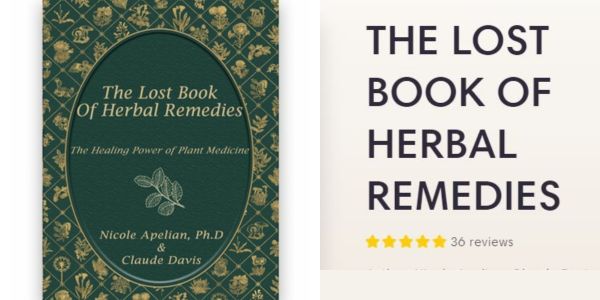
5 Star Rating ⭐️⭐️⭐️⭐️⭐️ (4 Reviews) at shop.iamcountryside.com:
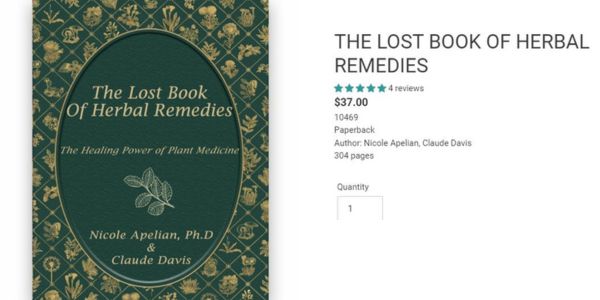
Final Thoughts
“The Lost Book of Herbal Remedies” is an all-inclusive resource that advocates for a better, more sustainable, and more interconnected lifestyle; it’s not only an herbal medicine handbook. Practical guidance, historical background, and personal stories come together in a captivating story that will appeal to a broad audience.

